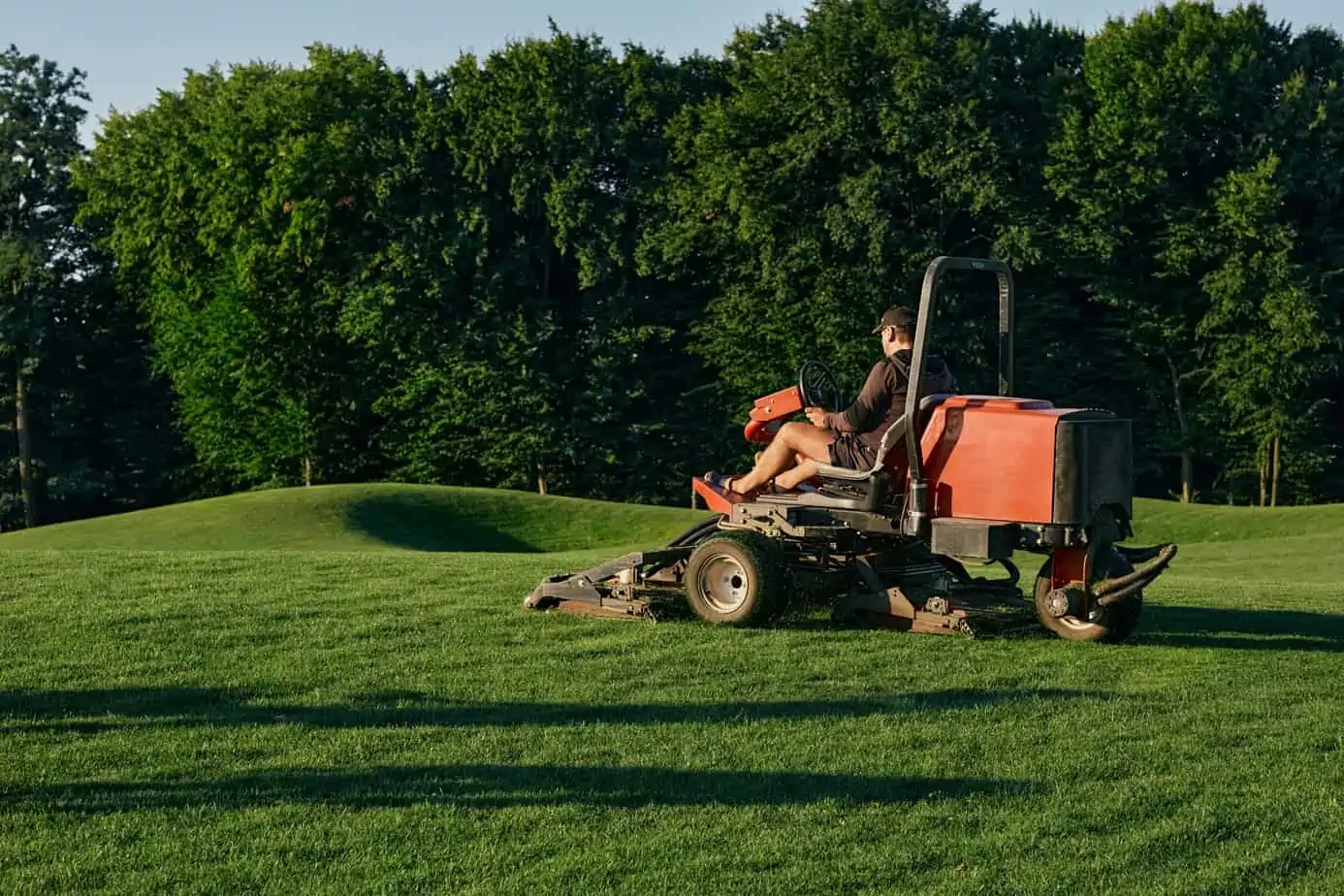Dangerous shortage of greenkeepers
Lack of staff wherever you look: When it comes to greenkeeping, a major problem in the golf industry is revealed in large parts of Europe. According to the Scottish R&A the careful use of resources includes “manpower, machinery and material.” The manpower includes employees in club management and greenkeeping.
“It is time for golf clubs to put their employees first, invest in their well-being and create a framework that ensures every facility in this country treats their employees in a respectful and appropriate manner.” That was part of the incendiary speech delivered by Jim Croxton, CEO of the British and International Golf Greenkeepers Association, at the BIGGA Turf Management Exhibition in Harrogate in early March. It is Europe’s most important fair for greenkeepers.
Workers with minimum wage
Croxton is not alone in his negative analysis of the job market. “We estimate that every third golf course would definitely be happy to have new employees,” sums up Christina Seufert from the Greenkeeper Association Germany, referring to a survey by the German association at the end of 2021. “We are looking for workers in all areas, including many assistants. But under the conditions and wages it will be difficult.” Even in the skilled sector, only the minimum wage is often paid in Germany. It is currently 9.82 euros per hour and will rise to 10.45 euros on July 1st. Twelve euros an hour are under discussion this year.
The situation is no better in Austria: “We don’t have a specific number of job offers,” states Andreas Leutgeb, President of the Austrian Greenkeeper Association (AGA). “We felt that we had five times as many vacancies as usual.” Especially in regions that have local industry, greenkeepers with irregular working hours, weekend service and sometimes poor wages are hard to come by. If you look through the AGA website, you will currently come across seven job offers that start at the moment, for example for a greenkeeper with a gross salary of 1,750 euros, “including space and landscape maintenance, mowing work, handling machines and carrying out the activities independently.” If you calculate the amount in your head and calculate 38 hours of work, you end up with a gross wage of less than twelve euros.
“We often experience that jobs are not advertised specifically enough, that the expectations of the clubs are not correct, that there is a lack of structured planning on site,” summarizes Leutgeb. “The overall package of the offer simply has to be right for the employee.” In his opinion, this also means that the pressure on the greenkeeper to react to requests at short notice should not be too high.
Focus on the workforce
At a recent meeting with club officials, BIGGA’s Jim Croxton asked for a show of hands from anyone who wanted to work in the same workrooms as their greenkeepers. Nobody answered. Completely outdated lounges are still often a problem, especially in Great Britain.
It doesn’t matter whether it’s Germany, Austria or Great Britain – one statement by Croxton applies to all three countries: “For many years, the main focus within sport has been on increasing the number of players.” With the pandemic, numbers have increased significantly everywhere, with a net addition of two million golfers in the UK alone. “Now it is up to clubs to focus on the importance of their workforce, without which the sport would wither.”









